|
In the month of December, our supervisor Yusri, together with pak Amir, kept track of all activities. Below he reports on the progress in the model garden!
At the moment, pak Amir is busy building the compost shed. It is very important to make organic compost to keep the soil fertile. It is also cheaper if we make our own compost. The foundation has been laid, but the rest is being built by Amir himself. It’s a lot of work! We have been very busy pruning and planting some butik (porang) and porang plants. Because it is Sunday and there is no school, Ifat, Amir's son, can also help in the garden. He likes to do this. On the picture, you can see that I have put organic material under the tree to improve the soil condition. To be more specific, the organic material consists of gamal leaves from fallen trees of all kinds of trimmed gamal trees. I used these as mulch. This is a layer of organic biodegradable material (nitrogen) that is applied to the surface to protect the soil. Mulch is applied to preserve soil moisture, improve soil fertility and health, enhance the visual appeal of the area and reduce weed growth. The result is that we see a lot of worms in the earth, which is a good sign ofhealthy soil! Over the course of several weeks, I found a lot of beautiful insects in the garden, including a wide range of butterflies and beetles. A nice find were also the weaver ants. These useful crawlers are the natural enemies of the dreaded CocoaPodBorer (HAMA PKB). This is a disease of the cocoa fruit, which unfortunately is common in Sulawesi. The fruit is eaten from the inside by the larvae of a moth. It's great to see that nature gives us so much. That's why it's so important to give something back. I have a nice example that illustrates the reciprocity between humans and nature. In preparation for the rainy season, I pruned the gamal trees to prevent the trees from falling over because of the high humidity. The organic material from the pruning can be turned into compost and the remaining branches can be used for firewood in the kitchen. How great is this? Through this experience on the plantation, I have realized that agroforestry is very important and my enthusiasm for organic cultivation has only increased. That's why I went to an event, together with my wife, to learn more about organic farming. There are more and more initiatives for organic cultivation in the area, also within the agricultural department of district Burau, which includes the village of Lauwo. The challenges are big, partly due to the amount of experience and knowledge you gain about agroforestry, but also due to the unpredictability of the climate. There was insufficient rainfall during the last period. The bunga karpet (pinto peanut or arachispintoi) is a very fragile plant. It is best planted when it rains, because the plant fades very quickly. That is why it was decided to plant the bunga karpet as soon as there is enough rain. On the other hand, the gamal, banana and elephant grass can already be planted. The gamalis a shade crop and grows easily, as does banana. Both are trees, in contrast to the bunga karpet, which is a plant. Elephant grass is a sturdy grass species, so this may also tolerate these weather conditions. Identifying the porang plant was another challenge we faced. I saw a video about characteristics of different plants. Some of them are porang plants and others are not. The roots of the plants were cut open in the video. It appears that I had never seen a porang plant in real life. I took a good look at the characteristics of the plant in the video, and most probably our plants are not porang plants. I talked to Fatima and we decided to stop planting 'so-called' porang plants for a while. An important factor that might play a role in this is the market. It is claimed that the porang is worth a lot of money, because it is used for many applications. If we find the right porang plant, we want to resume planting it. Again, we have learned from this: before we invest in the crop, we need to invest more time in finding the right crop and investigate whether there are markets for it in the area! It does me good to help humans and nature and the satisfaction I get from this is super valuable to me! Yusri, thank you for the hard work! It's hard to describe how grateful we are for your help. We hope to continue working closely with you in the future! - Team La Galig
1 Opmerking
Laat een antwoord achter. |
Authors Tom, Onno, Claudia and FatimaTales from the project site Archieven
Juli 2020
Categorieën |
©LaGaligoFoundation

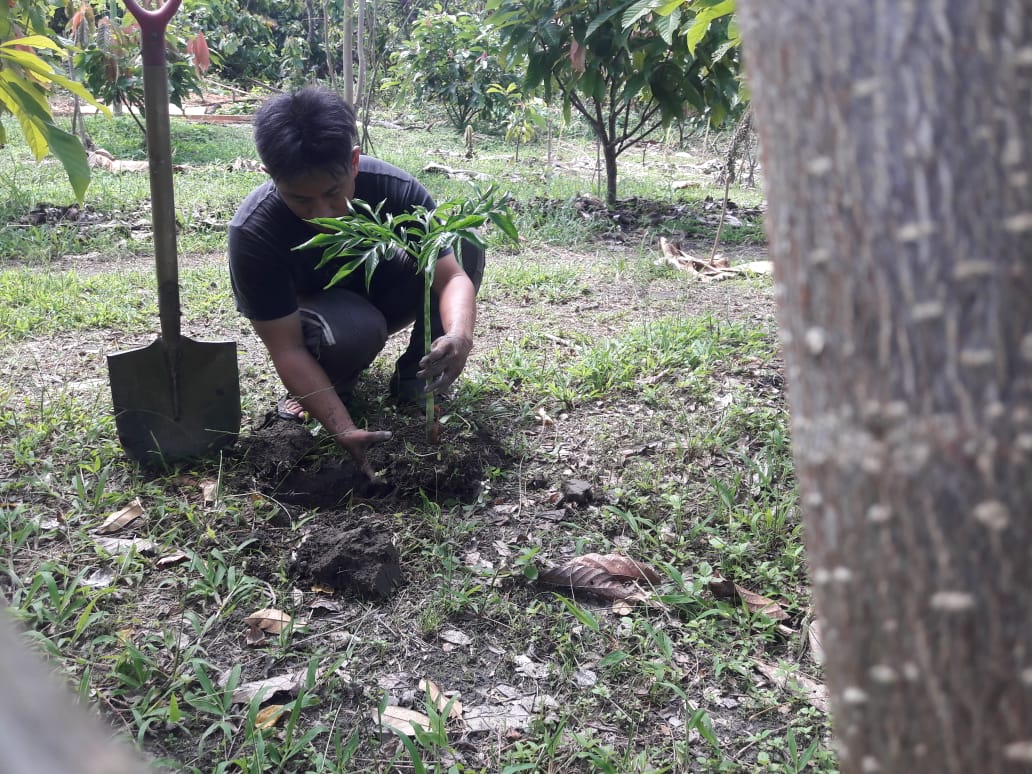
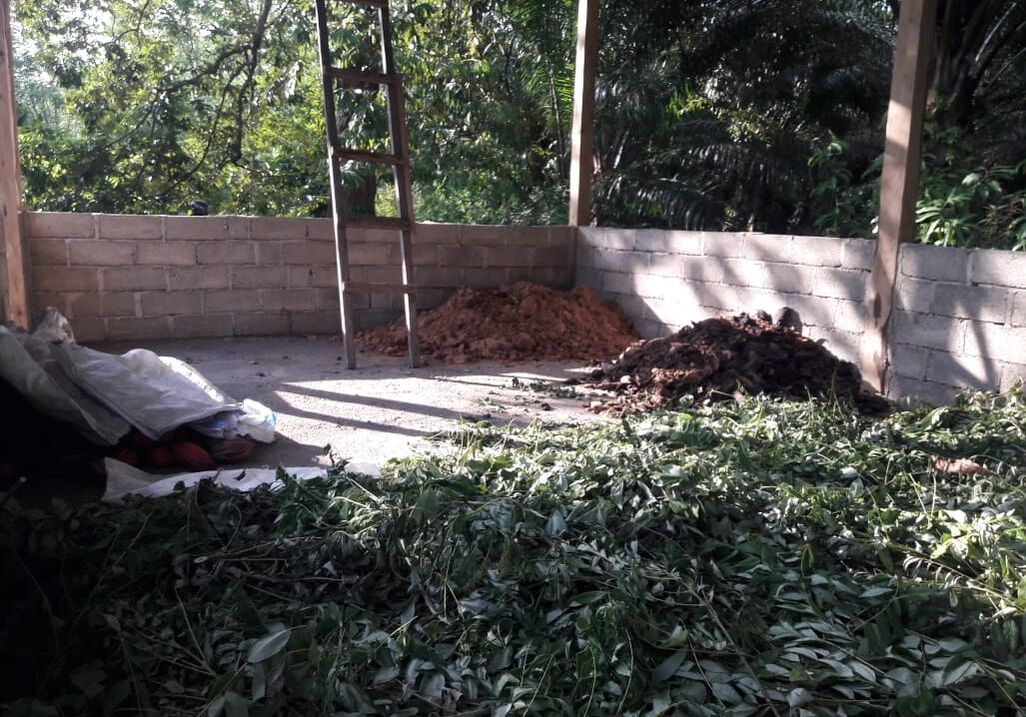
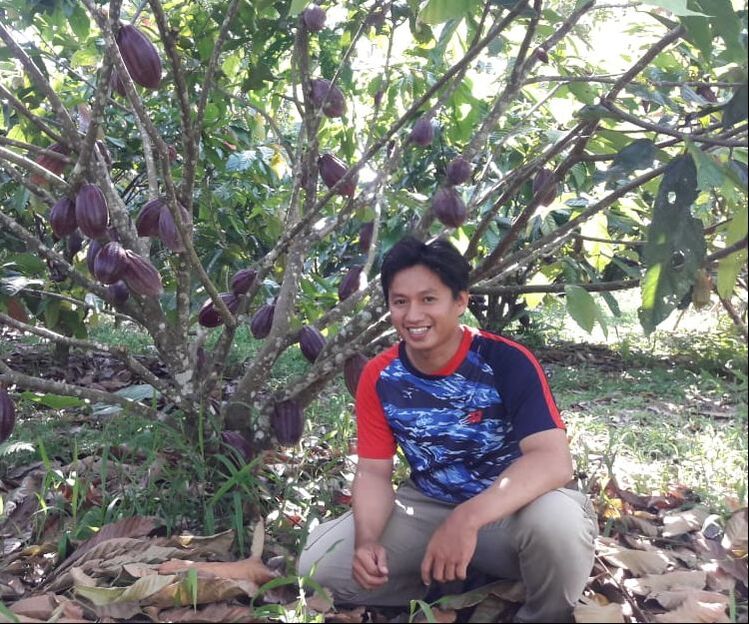
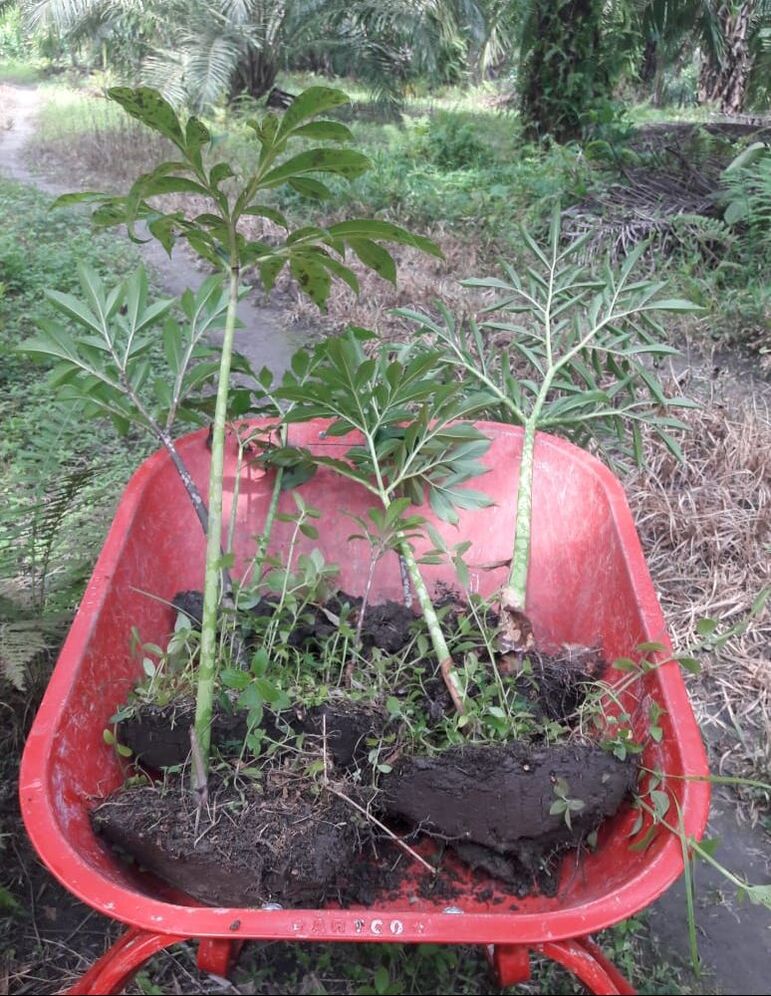
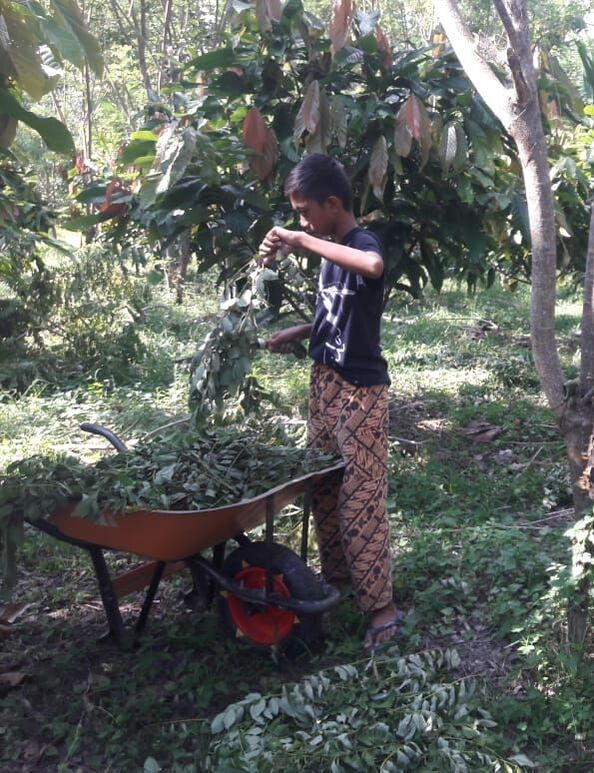
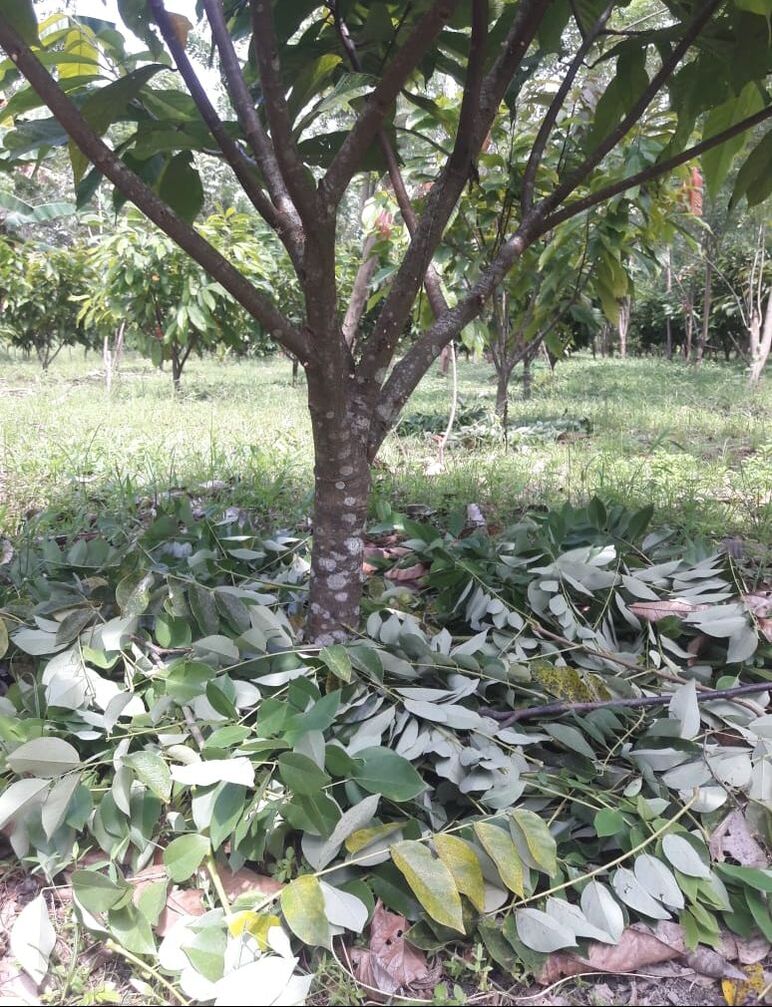
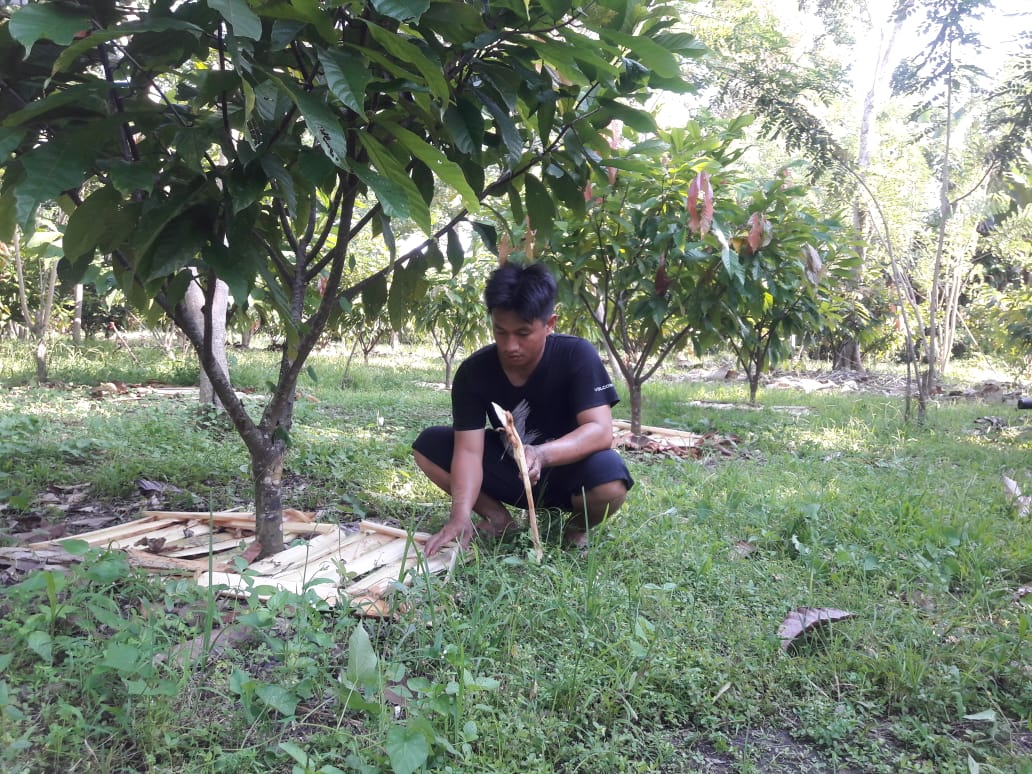
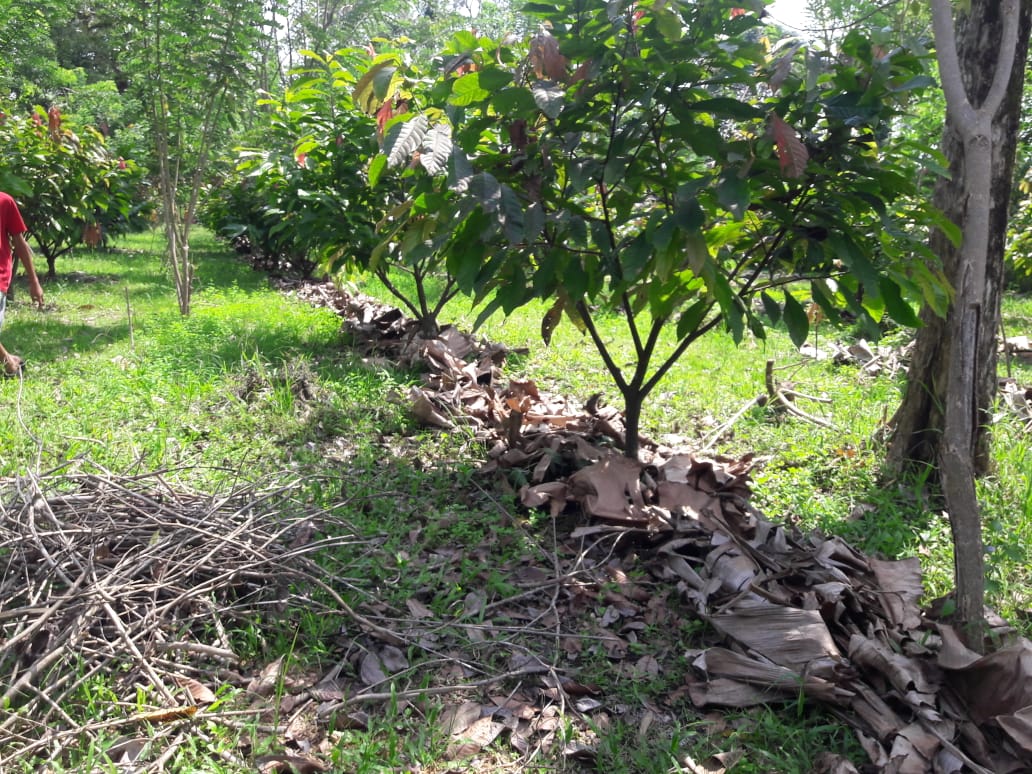
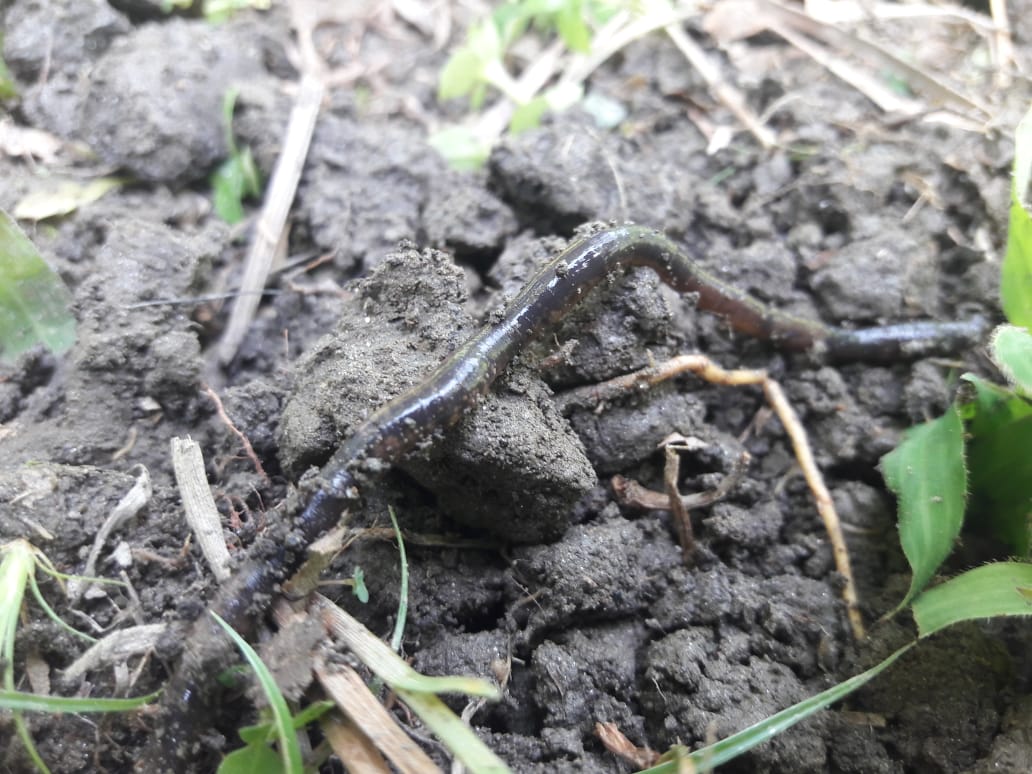
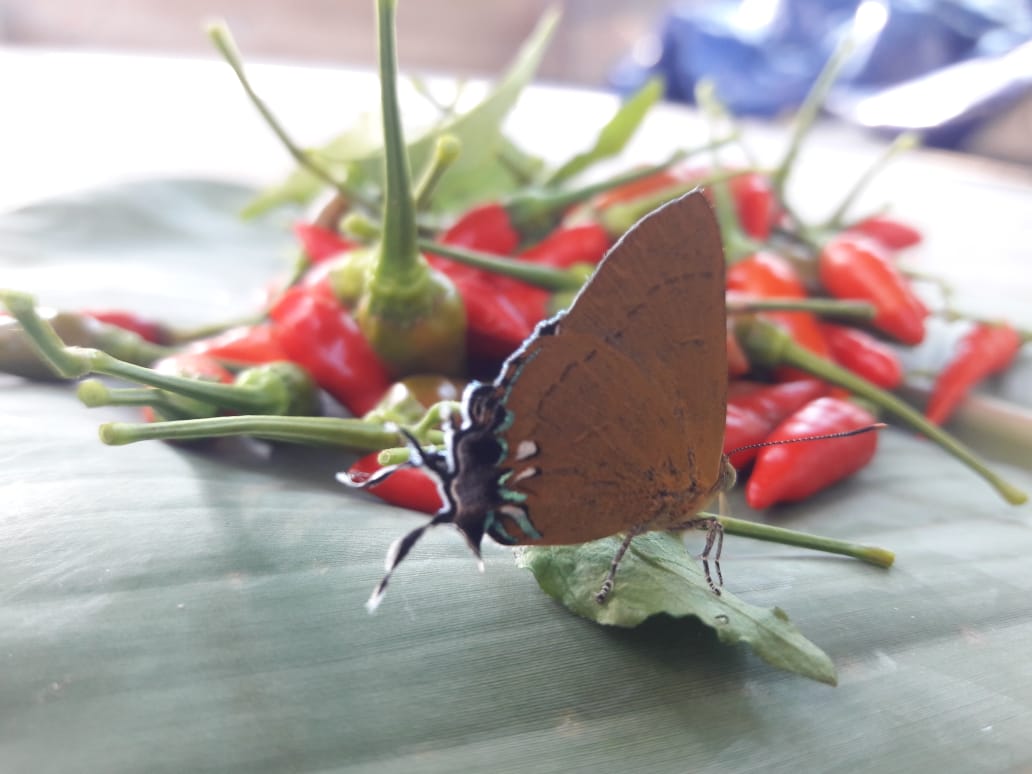
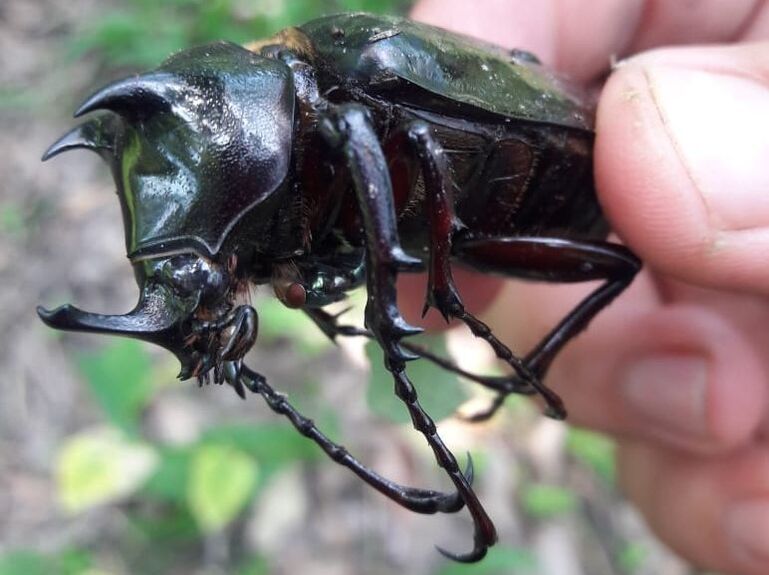
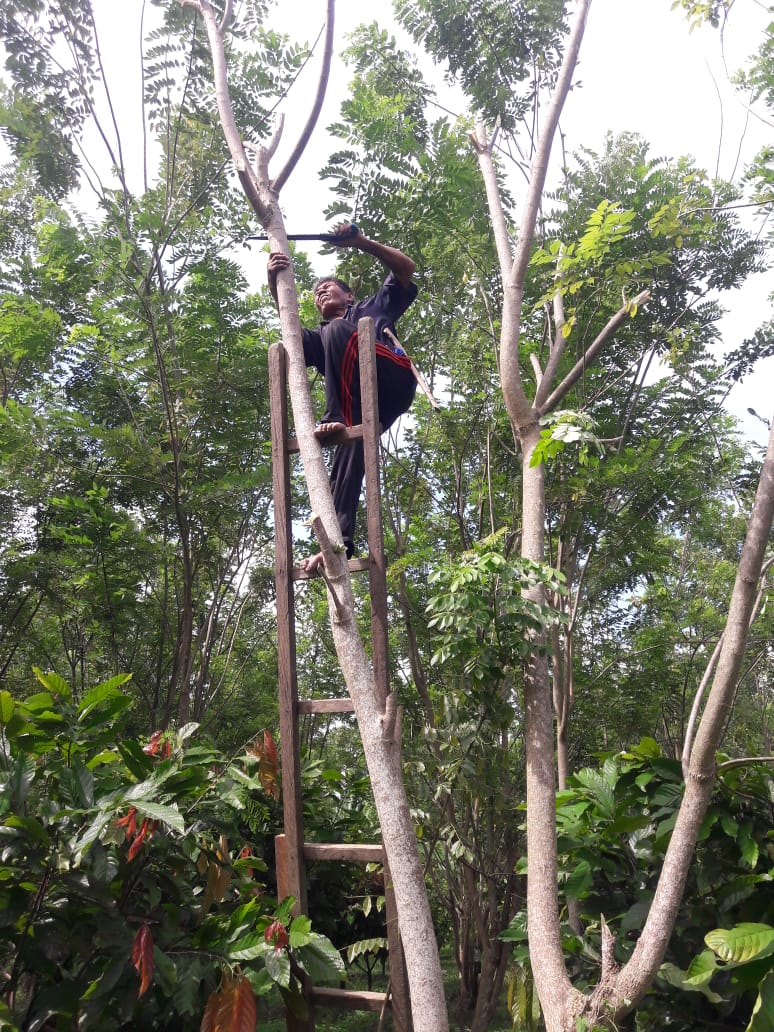
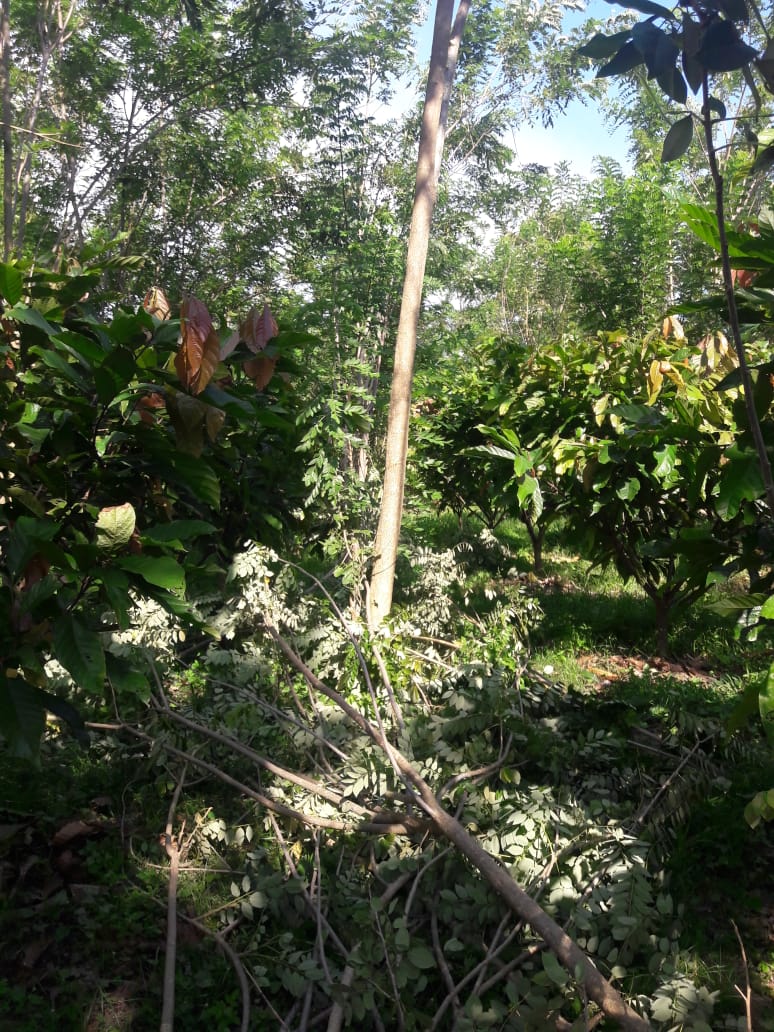
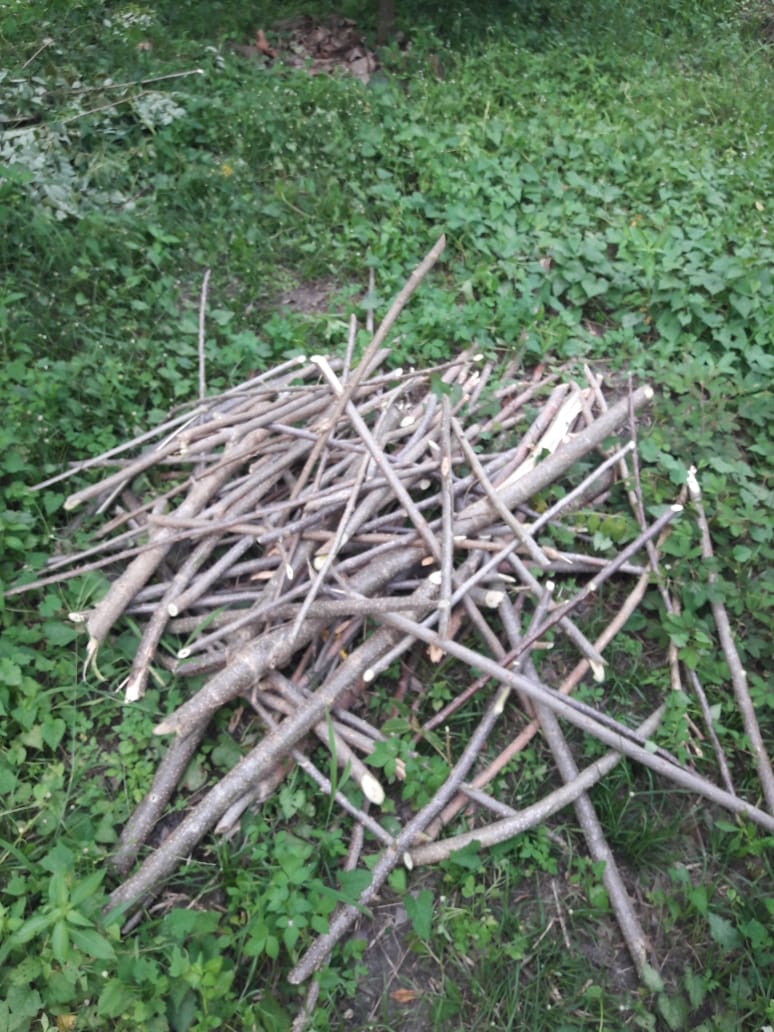
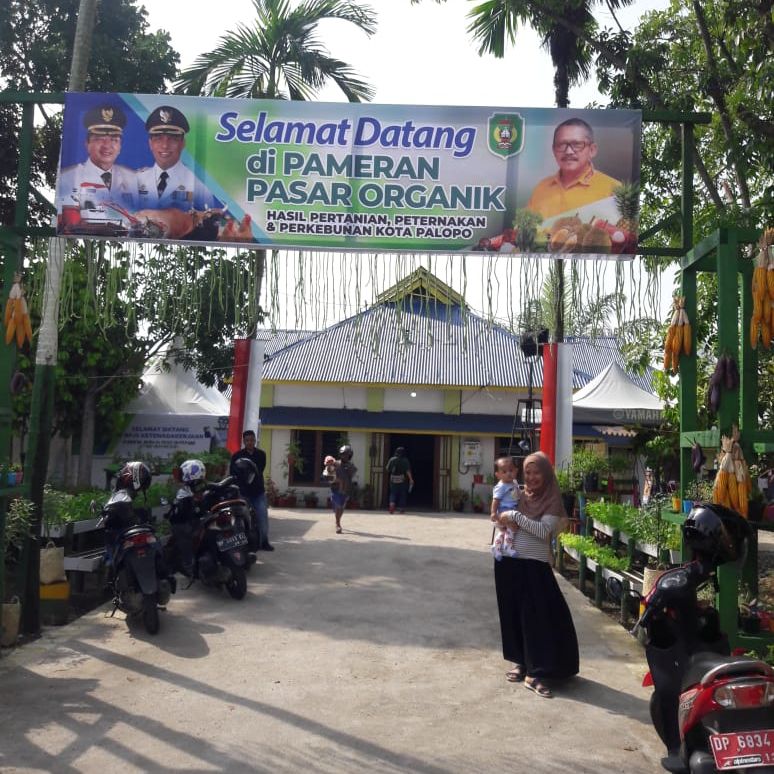
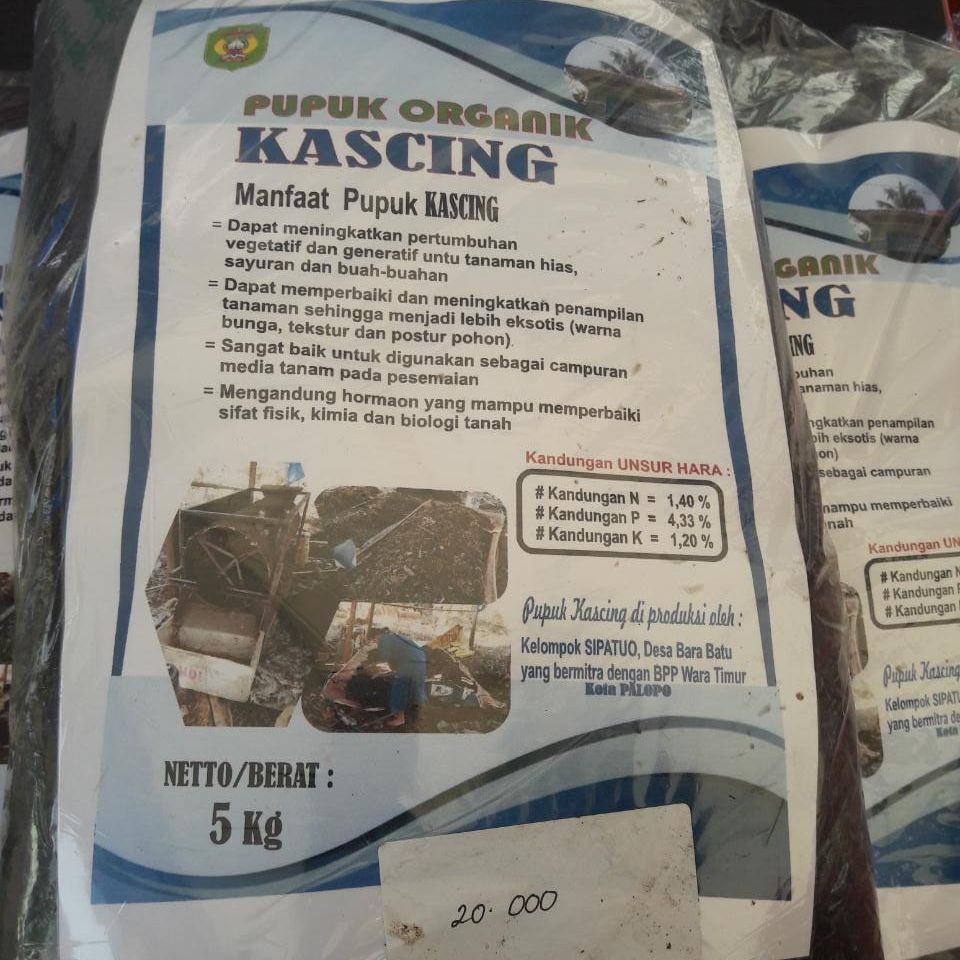
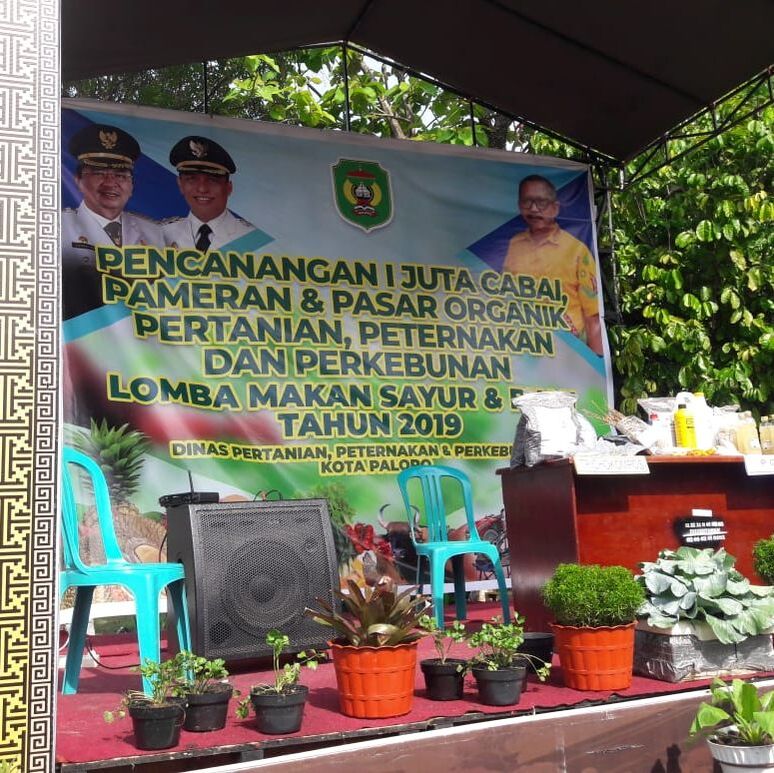
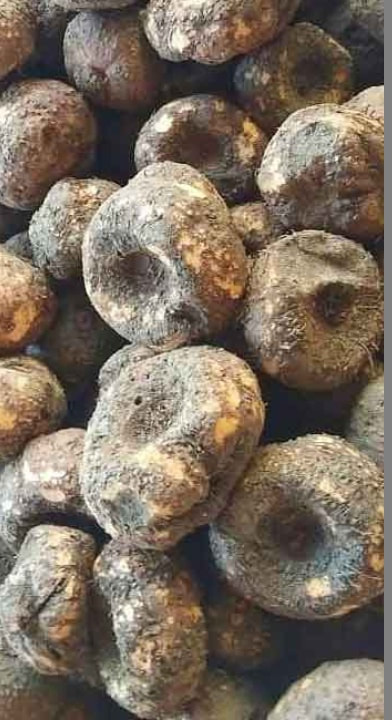
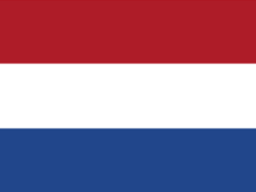

 RSS-feed
RSS-feed